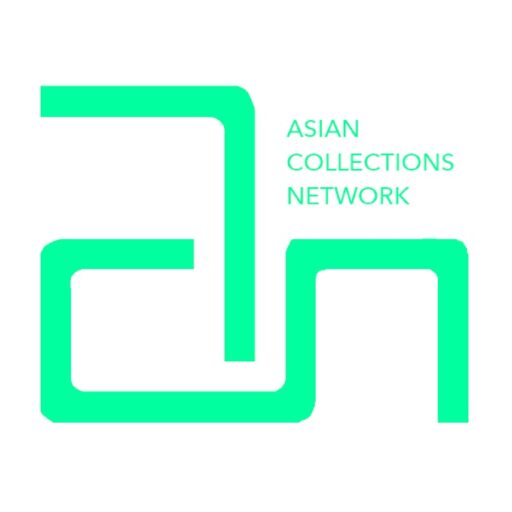
The Asia Collections Network (ACN) originates from the interest generated by a conference panel in 2018 and the subsequent publication Asia Collections outside Asia: Questioning Artefacts, Cultures and Identities in the Museum (2020).
Main aims:
– To connect and give prominence to collections of Asian materials (including artistic production, ethnographic artefacts and folk art, among others) that are underexposed, undervalued and underused;
– To provide to a wide and varied public a wealth of information and sources that are not readily available and that can contribute to a more in-depth study and understanding of Asian arts and cultures.
Core principles:
– Breaking free from the boundaries of categorisations and distinctions that can prevent dialogue and cooperation between experts with different theoretical and professional backgrounds;
– Proposing and exploring new paradigms on ways of seeing and exhibiting Asian collections.
Objectives:
– Tracing and promoting international collections with Asian materials, using a multidisciplinary approach.
– Supporting institutions with Asian collections in their efforts to improve and widen the knowledge and understanding of Asian cultures among their audiences;
– Consolidating and expanding the international, multidisciplinary network of academics, museum professionals, collectors, artists and source communities aimed to study, preserve and display Asian collections;
– Seeking cooperation with networks and associations sharing germane goals, values and commitments;
– Pursuing social engagement by reaching out to wider audiences, encourage cooperation with diverse communities and stimulate a multicultural exchange.

The Asia Collections Network – Europe (ACN – Europe) was founded in March 2022 as a non-profit association of public utility and has its seat at CREOPS, the Research Centre for Far Eastern Studies of the Paris-Sorbonne University.
Principles and aims:
While there are already projects and organizations aimed at promoting cooperation among
museums in Europe and between European and Asian cultural institutions in general,
specific structures devoted to the creation of a network of mutual support, exchange, and
collaboration among European museums with Asian collections have been few and
scattered. The Asia Collections Network – Europe (ACN – Europe intends to fill exactly
this gap, underlining the importance of a shared heritage crucially meaningful for and
representative of the Asian cultures that produced it and are now increasingly connected
to and present in European cultural contexts. At the same time, a distinctive endeavour of
this project is to highlight that this shared heritage has also become meaningful for and
representative of the hosting communities. The project therefore proposes a response to
current tendencies to use cultural heritage as a divisive element that accentuates
differences and boundaries between cultures of origin and cultures of destination.
Referring to the manifold histories of objects’ circulation, the emphasis is put on the
mediating essence and function acquired by these particular cultural products and
constantly redefined through re-contextualization.
On the one hand, exhibiting artefacts from other cultures provides the opportunity to
enhance the knowledge and understanding of those cultures. On the other hand, it also
allows us to observe some specific traits of the cultures that collect and display these
artefacts, as they become embedded in the objects themselves. One of the main purposes
of this initiative is to explore ways in which the cultural identities embodied at different
levels by the objects in the collections can be put in dialogue so that shared cultural
heritage ultimately brings to the fore shared values in better integrated pluralist societies.
Main objectives:
One of the main activities of the network is the mapping of collections with Asian
materials across Europe, which has been divided in 14 geographic regions, each
led by a member of the scientific committee.
The focus is on work on the ground, delivering manageable projects proposed by
the members of the network with the aim to improve the knowledge, visibility, and
accessibility of the collections.
Workshops take place periodically to discuss adequate intervention to solve specific
issues concerning research, cataloguing, display, and conservation.
Ongoing research intends to assess the character and status of the collections
identifying the best practices to address specific needs.